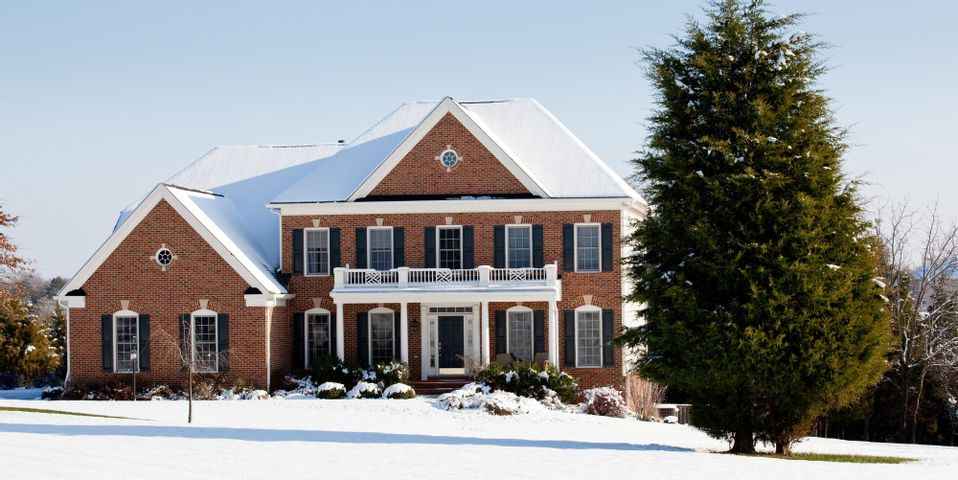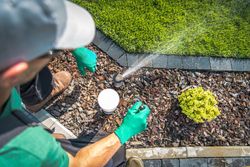A Homeowner's Guide to Winterizing a Sprinkler System

During the summer, your sprinkler system helps keep your yard beautiful, lush, and comfortable for your family. However, during the winter, this system is at risk of freezing and damaging valves, pipes, and controllers. To prevent this damage, and the need for costly repairs, learn more about the winterization process.
Why Is Winterizing Important?
 Whether you use main culinary water or a secondary irrigation system to maintain your lawn and garden, a small amount of liquid can be left in those lines at the end of the season. Because water expands when it freezes, this could lead to broken sprinkler system lines, damaged sprinkler heads, or even broken sprinkler controller valves. This means you’ll need repairs once spring arrives.
Whether you use main culinary water or a secondary irrigation system to maintain your lawn and garden, a small amount of liquid can be left in those lines at the end of the season. Because water expands when it freezes, this could lead to broken sprinkler system lines, damaged sprinkler heads, or even broken sprinkler controller valves. This means you’ll need repairs once spring arrives.
When Should You Winterize Your Sprinklers?
Fortunately, winterizing your sprinkler system is relatively fast and easy, especially if you work with a company that specializes in irrigation. After opening the last valve on your sprinkler, a professional can attach an air compressor to the system on the other end to blow any remaining water out of the lines.
You should winterize your sprinklers at least a week before the first hard freeze of the year, when the outdoor temperature drops below zero degrees Fahrenheit. Keep in mind that this may occur during the night, when temperatures typically decrease. To avoid being surprised by an untimely frost, it's best to winterize your sprinklers at the start of fall. If you have plants that require water during this time, focus on hand watering.
If you haven’t winterized your sprinkler system yet, turn to the team at Maxum Irrigation in Waterford, CT. For more than 17 years, these professionals have been helping homeowners and landscaping companies manage every aspect of irrigation, including sprinkler system installations, repair, and maintenance. To learn more about how they can help, visit their website or call at (860) 525-7000.
About the Business
Have a question? Ask the experts!
Send your question

